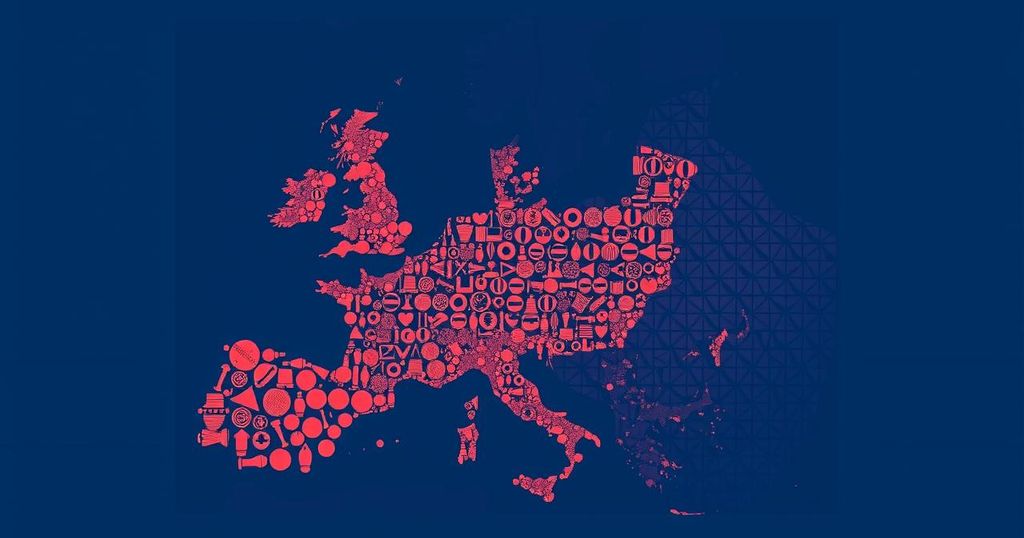Georgia on the Brink: Election Could Define Its European Future

Georgia is preparing for a crucial parliamentary election, with citizens polarized between supporting the ruling Georgian Dream party and opposition coalitions. This election is seen as decisive for the country’s aspirations to join the European Union, particularly after the recent suspension of its EU bid due to controversial legislation. Rural communities like Javakheti prioritize local stability over broader geopolitical concerns, while the discourse around the election reflects fears of growing authoritarianism and potential shifts in foreign policy alignment.
Georgia stands on the precipice of a consequential parliamentary election that may shape its future trajectory in Europe. As citizens approach their polling stations, the split between the ruling Georgian Dream party and opposition factions has never appeared more pronounced. While the capital city of Tbilisi buzzes with pro-European Union demonstrations, rural regions like Javakheti exhibit a contrasting priority for local stability and the immediate needs of their communities. Vahan Agayan, a sheep farmer in Javakheti, expresses his intention to vote according to the directives of Georgian Dream officials, indicating a preference for the familiar over the uncertain change that opposition parties might bring. Polls reflect a strong desire among Georgians — approximately 80% — to pursue EU membership, a sentiment that intensified after Brussels indefinitely postponed Georgia’s membership bid following the ruling party’s controversial legislation deemed reminiscent of similar Russian laws. Critics allege these moves aim to suppress dissent and protect the ruling powers’ interests, contributing to an alarming drift toward authoritarianism. As Georgian Dream asserts that it seeks to maintain peace and stability, opponents accuse the government of engaging in a “hybrid war” against its citizens to ensure electoral success. The upcoming election is more than a routine vote; it embodies the fundamental choice between alignment with the West and the potential reversion to Russian influence, which many fear could jeopardize Georgia’s sovereignty and democratic prospects.
Georgia’s historical context is steeped in a complex relationship with Russia, having endured centuries of domination until gaining independence in 1991. The aftermath of a brief war with Russia in 2008 highlighted the fragility of its territorial integrity, prompting Georgian leaders to foster closer ties with Western nations for security and economic prosperity. Georgian Dream, which came into power in 2012, initially promised to uphold civil rights and pursue EU membership, a commitment that has become increasingly overshadowed by an authoritarian agenda. The recent passing of the foreign influence law has raised alarm among critics, who argue it undermines democratic principles and freezes Georgia’s EU aspirations amid growing concerns of Russian hegemony in the region.
As the election approaches, Georgians are compelled to make a pivotal decision on their country’s alignment with Europe versus a potential return to Russian influence. With signs indicating a societal divide over the perceived benefits of alignment with the West and local priorities, the outcome of this election could significantly impact Georgia’s path toward democracy and European integration. The fears articulated by many citizens highlight a critical junction in Georgia’s ongoing struggle for national identity and autonomy.
Original Source: apnews.com







